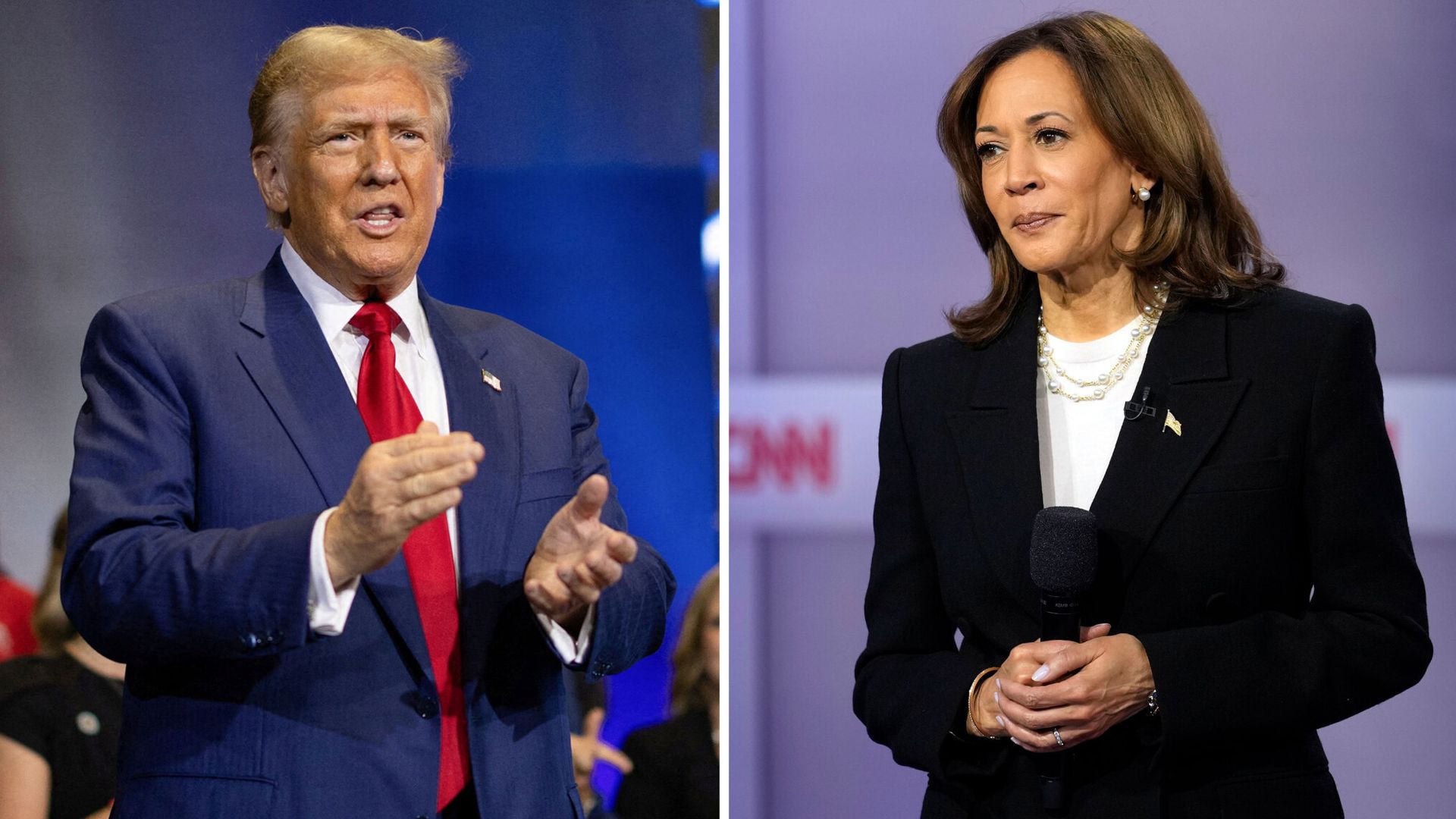
The majority of small- and medium-sized U.S. business leaders expect a recession in 2023, but they still plan to hire more employees and grow sales, according to the JPMorgan Chase annual survey released Thursday.
Some 61 percent of small businesses nationally said they anticipate a recession. Still, half said they are optimistic about the national economy and expect to hire more full-time employees this year and raise wages because they anticipate sales and revenue will grow. JPMorgan surveyed 1,799 business leaders in November.
Medium-sized businesses weren’t as optimistic about the national economy, with only 22 percent expressing positive feelings compared with 50 percent at the start of 2022. That could be because they are more exposed to national market effects than small businesses.
The numbers could bode well for Maine businesses, which are following national trends, said Michael Griffin, executive director at JPMorgan in Portland. More than 99 percent of businesses in Maine are small, with fewer than 500 employees, but together they employ more than half of the state’s workforce, according to census data.
“Companies I talk to are trying to grow and hire, but they also are concerned about the future,” Griffin said.
JPMorgan plans to open its fifth branch in the state this year and has 40 employees here. The company’s CEO, Jamie Dimon, visited Maine last year.
A mild U.S. recession could begin late this year given the decades-high inflation and rising interest rates, Ginger Chambless, head of research for JPMorgan, said.
“Still, consumer and business balance sheets look solid by historical standards and labor markets remain tight, factors that likely buffer the severity of a potential downturn,” she said.
Part of Maine’s strength is its entrepreneurial spirit and businesses being willing to work things out for themselves without the benefit of the huge inflows of capital that other states draw, Griffin said.
He advised businesses to strengthen by using the money and workers they have more efficiently and keeping at least 13 weeks of cash on hand.
“You want to have a handle on your liquidity if you don’t know what the future brings,” he said. “Cash is king. You don’t want to be borrowing money unnecessarily.”
Inflation remains a concern among businesses, with 45 percent of small businesses nationally listing inflation as a top challenge this year. That is more than double the number a year ago.
Inflation has forced some 68 percent of small businesses nationwide to raise prices on products and services, with most saying their expenses have risen 11 percent or more because of rising employee costs, supply-chain expenses and materials costs.
The survey comes a day after the Federal Reserve released the minutes of its mid-December meeting, at which it raised interest rates to the highest level in 15 years to stem inflation. In the minutes, the Fed indicated it would keep interest rates higher and for a longer time than had been expected in financial markets.
“Investors are increasingly concerned that the Federal Reserve could now overtighten and will steer the U.S. economy into a major recession,” said Nigel Green, CEO of financial firm deVere Group.










